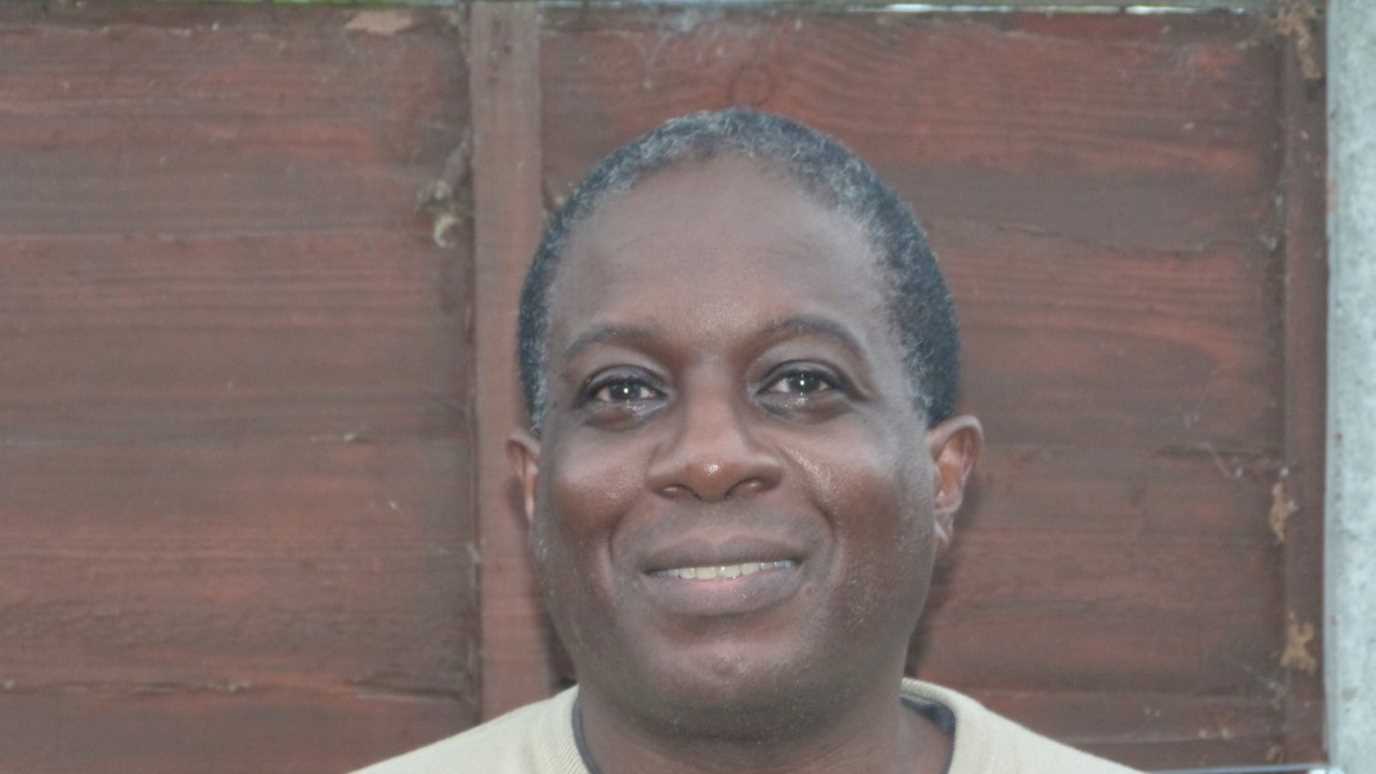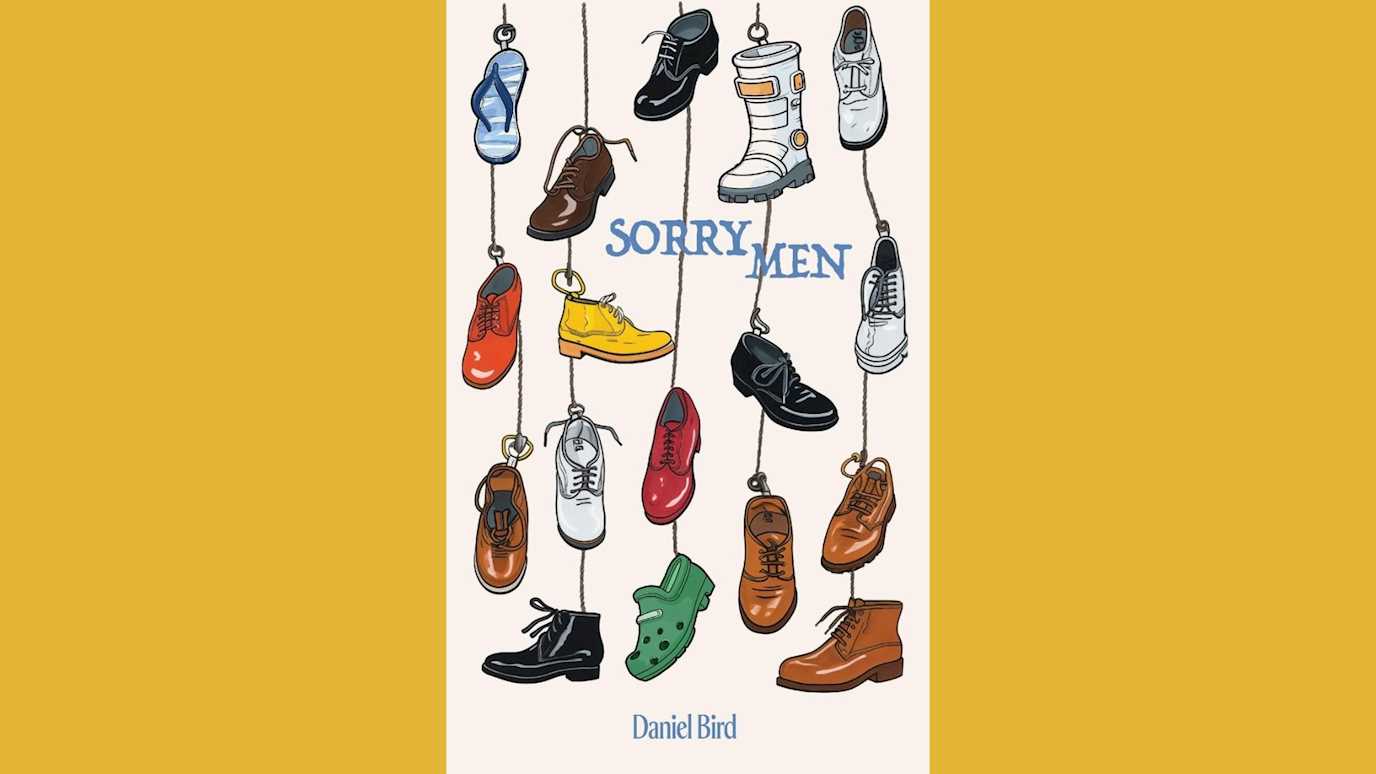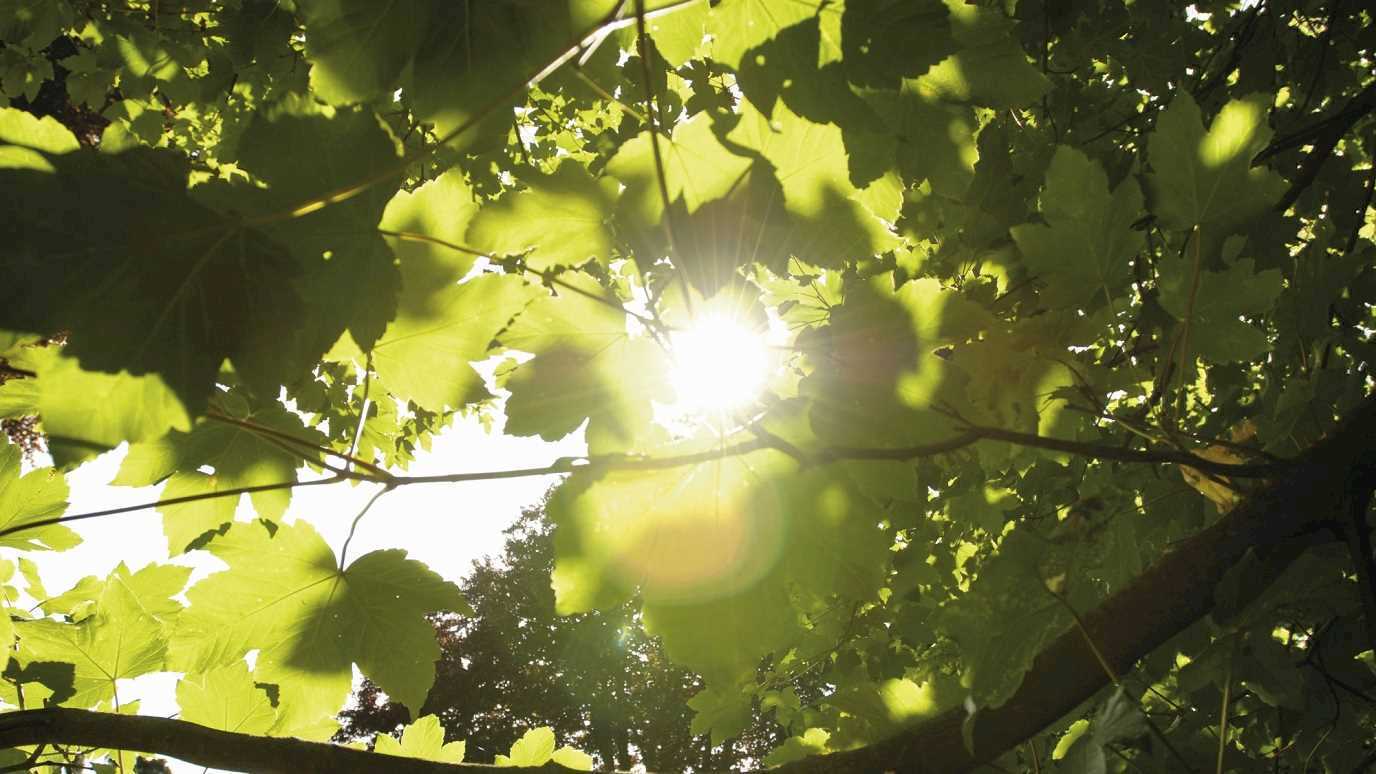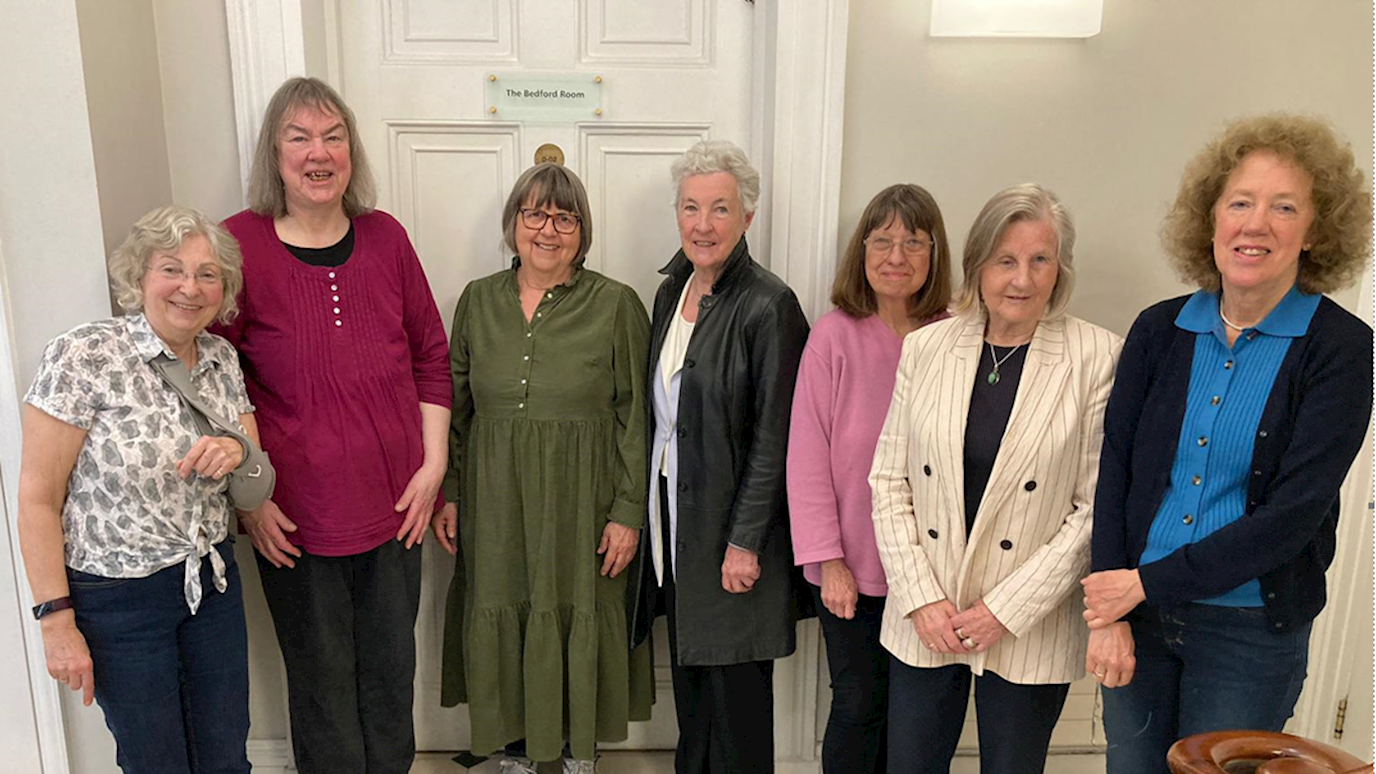We spoke to alumnus, Gaverne Bennett, this Black History Month about actively decolonising literature with his Black Literature Timeline for The British Library.

Gaverne Bennett (MSc Social Work, 2020) has created a Black Literature Timeline for The British Library which The Guardian has been promoting. Before attending Royal Holloway, Gaverne worked in Further Education and Secondary schools for 10 years. He worked in Special Education Needs (SEN) in a secondary school just before he started his course at Royal Holloway. During that time, he found himself being more interested in background issues that made it difficult for children to learn, rather than just trying to teach them the curriculum.
He tells us the importance of this timeline in restoring Black voices, art and history into the syllabus:
‘When I was growing up, I remember people saying with a straight face that Black people have no history, no literary traditions. I feel that I am contributing towards the task of putting back in parts of British history, of human history, that have simply been left out or ignored. It is not a question of magically creating a new history, but of restoration, that ultimately will enrich us all. Show that human ingenuity has no boundary, is limited to no one colour, but belongs to all peoples, to all of us, without exception.'
Gaverne reminds us that Black history is one of creating and keeping records of important voices in literature that were often ignored or discredited. It is not merely a demand for inclusion, but a stand for the health of a nation’s literature. He says, ‘To be able to amplify the voices of so many great writers, some of whom like Una Marson, should have got much more attention in their lifetimes, is a great privilege. To be part of the process of making a rich Black literary legacy more accessible is an absolute privilege. Of course, for someone who absolutely loves literature, to be able to have access to the rich treasure trove that is unique to The British Library is fantastic. The British Library to my mind is one of the best, if not the best, library in the world.’
There will be several online events both at the British Library and The Guardian that will help promote this rich literary legacy. Find out more about these events on The Guardian’s website.
As a long-standing user of the library, creating a Black Literature timeline for the British library feels like ‘an absolute privilege’. He says, ‘To be honest, I first dreamed of doing something like this about 20 years ago standing in the foyer of the British Library so you can imagine how this might feel.’
Just last year, Gaverne created the Black History Timeline, which was the Guardian’s best-selling wall chart. He tells us, ‘When the Guardian published the Black History timeline I helped put together, I saw a Black literature timeline as a natural extension.’
Gaverne’s outstanding achievement falls in line with this year’s Black History Month’s ethos, Proud to Be. However, he warns that: ‘Generally, Black History Month takes place under the grey skies of October here, and the grey skies of February in the US. Last year, when The Guardian published The Black History timeline in July it was the first time, to my knowledge, that something about Black history was published in summer under sunny skies. One of my hopes is that we break ‘The October barrier’ and Black history becomes something that is part and parcel of learning all year round.’
However, Gaverne reminds us that this Black History Month is especially important with the rise of Black Lives Matter protests last year after the murder of George Floyd. He states, ‘We have now had a year to reflect on what has happened since then and consider if all the proclamations of change last year have been made real.’
We also asked him about the inspiration and creation of the timeline, which, encompasses the past, present and future of Black people’s achievements. With the Black Lives Matter protests last year, Gaverne was inspired by the energy of young people. He found himself having challenging but intriguing conversations and realised that the only way to ensure a hopeful future is to restore a past that has been continuously erased.
He states, ‘My inspiration as writers are people like Una Marson, Richard Wright, Alex Wheatle, and Toni Morrison; writers I have been reading for decades now. For me, they show what is possible and give me hope for the future too. My other inspiration was Marcus Rashford. Amongst all the great things he is doing, I saw that he was encouraging young people to read. When I saw that I knew that the time for the Black Literary timeline had come. For me, like Rashford, it is super important that young people get to know about this history and learn how much strength, insight and understanding they can gain from reading. I know that reading has sustained me through some of the toughest times in my life.’
It is also key to stress that the timeline was not created alone and exists thanks to many people, Gaverne states, including ‘Urvashi Patankar (designer), Alex Wheatle, Dr Cecily Jones & Dr Osborne, Ralia Sofola, Dave Moore, Jon Wedderburn, Owen Gibson, Joseph Harker (at The Guardian) and the whole team at the British Library as well (especially Katie Adams and Alex Whitfield). Thanks also to my wife Peggy, our children, and my brother for their constant support.'
Find out more here:
- The Guardian event to promote The British Library timeline: How Black literature changed Britain.
- The Black Literature Timeline.
- The Guardian Black History timeline will be back on sale this week, with a discount for students and academic institutions that will be available here.
- The Guardian Black History Timeline.
- The Guardian Black History Timeline wallcharts.
- The Guardian article promoting the Black Literature Timeline.























